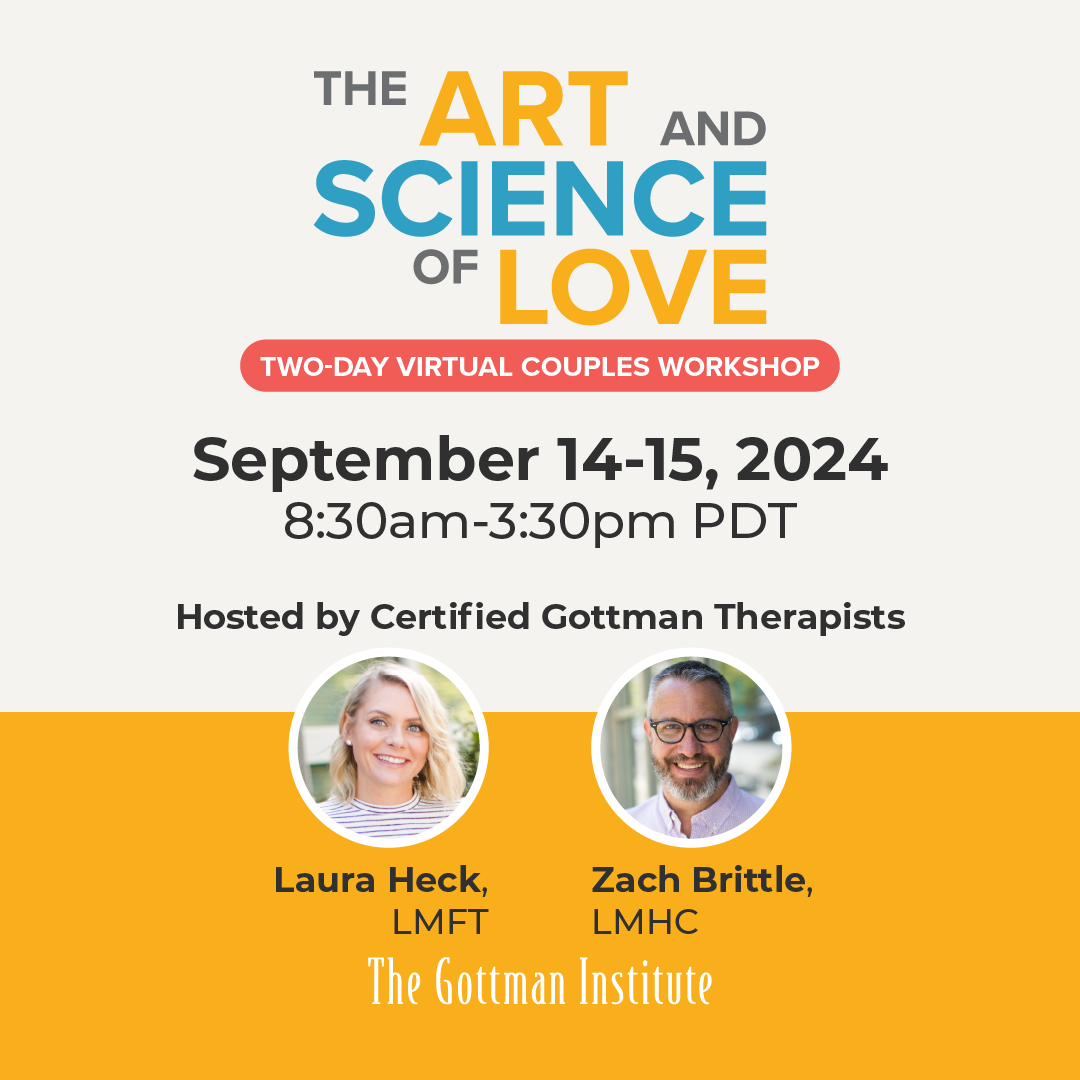Any conversation between us explodes. It’s like, “Who can belittle each other more”
He looks at me with these smug straight eyes that say, You can talk all you want. I don’t care. It is so condescending.
I almost laugh at my partner’s defensiveness. I know that it will escalate the conflict, but I can’t help it!
She rolled her eyes and made this face like she was tired. I cannot stand it. Especially when I am attempting to explain, she makes me feel rejected.
“Don’t start your emotional drama again.”
If you can relate to these statements, you may be experiencing contempt in your relationship. It is like the checkmate to any constructive discussion.
About Contempt
Contempt comes from a place of superiority and makes the other feel inferior. Deep down, it stems from a sense of feeling unappreciated and unacknowledged in the relationship. It can take the form of verbal or non-verbal language, which can include sarcasm, mockery, and facial gestures. Often, partners are unaware of what they said or did, especially contemptuous gestures like an eye roll or chuckle that elicited their partner’s wrath. Whether in words or behaviors, contempt escalates the conflict situation. It is no more about the issue that started the argument, but an attack on the worthiness of a person—almost like saying, “You are insignificant.”
The Four Horsemen of the Apocalypse
Dr. John Gottman’s research revealed four conflict patterns antagonistic to marital stability: contempt, criticism, defensiveness, and stonewalling. A conflict process showed that primary emotions like anger, sadness, worry, etc., led to the Four Horsemen when dismissed or negatively reciprocated. Particularly in heterosexual couples, the conflict behaviors of contempt, defensiveness, criticism (especially wife’s), and stonewalling (significantly husband’s) predicted dissolution. And contempt was the most destructive pattern of all.
Are You Happy or Unhappy in Your Relationship?
Dr. Gottman’s research findings indicate the discrimination between happy and unhappy relationships in the conflict model.
- Expression of negative emotions: Unhappy couples expressed more negative emotions like anger or disappointment than happy couples. At the same time, the unhappy partners were noted as being less positive/neutral to the negative affect than happy partners. Specifically, unhappy wives were coded as showing more negative emotions, and unhappy husbands preferred non-emotional interaction. While in happy marriages, spouses turned toward others’ negative emotions as needing attention.
- Negative Affect Reciprocity: Unhappy couples reciprocated negative affect with negativity during interactions. The negative affect reciprocity could be in kind or escalation. In the former, lower intensity negativity affect like anger was met with anger. In the latter case, anger was met with higher intensity negative affect of the Four Horsemen, like criticism or contempt. It resulted in couples’ dissatisfaction over time.
- Negative Sentiment Override: The accumulation of negative affect states from past arguments also characterized unhappy couples. And these built-up negative sentiments controlled the current conversations as partners perceived and reacted to neutral or positive affect with negativity. However, happy couples had accrued a positive perspective towards their partners. The unhappy couples showed a 1:1 positive to negative affect ratio, whereas happy couples had a 5:1 ratio during conflict and a 20:1 percentage outside of conflict discussions.
- The Four Horsemen: The dissatisfaction was more pronounced when couples resolved the conflict. In cisgendered couples, the unhappy women displayed more contempt, defensiveness, and criticism. In comparison, the unhappy men showed contempt, defensiveness, and stonewalling.
- Emotional Disengagement: Over time, unhappy couples disengaged emotionally and started parallel lives. While unhappy couples who displayed Four Horsemen tended to divorce in six years on average, emotionally disengaged couples, who avoided conflict divorced in sixteen years.
Contempt in Happy and Unhappy Couples
In a longitudinal study of heterosexual married couples, the wife’s contempt notably predicted marital separation. The wife’s perception of the severity of the marital issues was negatively associated with her positive affect expressions. And if the wife believed that the issues were unresolvable with her husband, it related to her contempt expressions. The husband’s contempt expressions were positively associated with her belief that problems cannot be resolved and her flooding.
The Cure for Contempt
Soften Start-up
The conflict escalation from one partner’s neutral affect to the other’s negative affect is called start-up. Softening happens when more profound vulnerabilities behind the hard emotions (such as anger and contempt) are shared in a gentle tone. For example, sharing that, “I feel annoyed and stupid when my actions are corrected, and what I need is your appreciation and faith in me” instead of contempt and criticism. It would enable the other partner to better understand and empathize with the concern.
Appreciation and Fondness
A positive sentiment override acts like a warm blanket in times of conflict. Couples who invest positively in the non-conflict hours of relationship with sharing of admiration and gratitude tend to give the benefit of doubt easily to the partner’s negative emotions. They can look at it with a positive perspective, such as, “It must be difficult for her with two kids on hand. Let me see how I can help.”
Final Thought
It is not the negative emotions and conflicts but keeping away from the Four Horsemen and positively investing with affection that goes a long way and distinguishes happy couples from unhappy ones.
Want more help keeping the Four Horsemen out of your relationship? Join Certified Gottman Therapists Faith Drew and George Bitar as they present at the next Art and Science of Love virtual workshop. You will learn how to prevent destructive behavioral patterns like contempt from harming you and your partner. Register today!
References
Carstensen, L. L., Gottman, J. M., & Levenson, R. W. (1995). Emotional behavior in a long term marriage. Psychology and aging, 10(1), 140.
Gottman, J. M. (1993). A theory of marital dissolution and stability. Journal of family psychology, 7(1), 57.
Gottman, J. M., Coan, J., Carrere, S., & Swanson, C. (1998). Predicting marital happiness and stability from newlywed interactions. Journal of Marriage and the Family, 5-22.
Gottman, J. M., & Krokoff, L. J. (1989). Marital interaction and satisfaction: a longitudinal view. Journal of consulting and clinical psychology, 57(1), 47.
Gottman, J., Levenson, R., & Woodin, E. (2001). Facial expressions during marital conflict. Journal of Family Communication, 1(1), 37-57.

Sign Up and Elevate Your Relationship in Just 60 Seconds
The Marriage Minute is an email newsletter from The Gottman Institute that can improve your relationship with a digestible, bi-weekly dose of helpful tips and tricks. Over 50 years of research with thousands of couples has proven a simple fact: small things often can create big changes over time.










